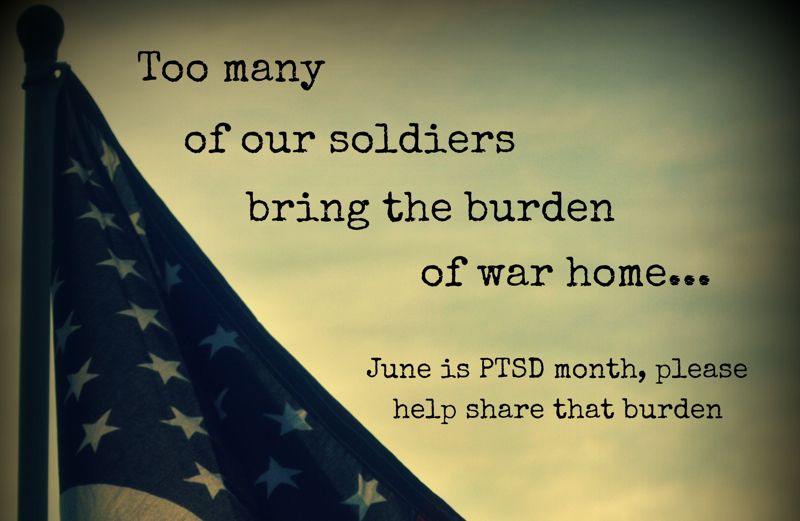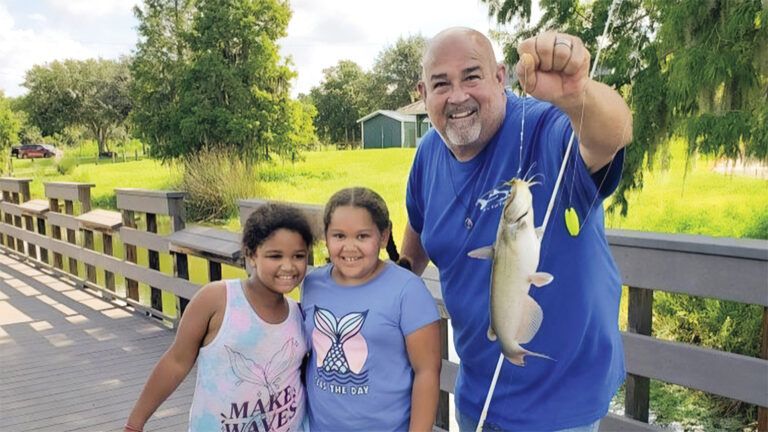In recent years, we’ve been hearing more and more about Posttraumatic Stress Disorder (PTSD) affecting those returning from war.
As the mother of a son who served on the frontlines during the Iraq war, I can attest to the debilitating effect it can have on the life of a soldier and those close to him.
It also carries the undeserved stigma of being controllable, if the sufferer is just strong enough mentally or physically. This couldn’t be farther from the truth. Misinformation often keeps those suffering from seeking help.
That’s where we come in. June is PTSD Awareness Month; here are 4 things we can all do to ensure that sufferers receive the help they need.
1. Know What PTSD Really Is.
PTSD can occur when someone has been through a traumatic event. Although we most often think of PTSD in conjunction with military combat, it can happen to anyone who has endured a trauma. While most people who have been through a traumatic event may initially have some symptoms, whether or not someone develops full-blown PTSD depends on many factors, including:
- The intensity of the trauma and how long it lasted.
- How close the person was to the trauma.
- Whether or not the person felt a loss of control.
- How much help a person got after the initial event.
2. Know the Symptoms.
Here are some of the most common symptoms, although this isn’t an exhaustive list:
- Flashbacks or reliving the experience.
- Negative changes in beliefs or feelings.
- Avoidance of similar situations.
- Hyperarousal, or a feeling of hyperawareness.
3. Know the Associated Issues that Can Also Occur.
Frequently, vets can have other issues directly related to PTSD.
- Depression or anxiety.
- Employment issues.
- Marital or relational difficulties.
- Physical symptoms, such as chronic pain.
- Addictive behavior, including alcohol and drugs.
4. Know the Many Ways to Get Help.
There are myriad treatment plans and actions, and most show a good degree of success. The key to wellness is finding a treatment plan that the suffering person will stick with. Start with your local Veteran’s Hospital. You can also visit the National Center for PTSD. For a vet in crisis, these are the options you need to consider:
- Call 911.
- Visit the Emergency Room.
- Contact the Veterans Crisis Line: 800-273-8255 and press 1, or text 838255.
Together we can show those suffering in silence that there is hope. I’d love to hear your stories of PTSD.






